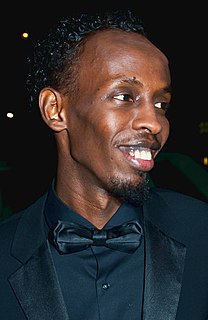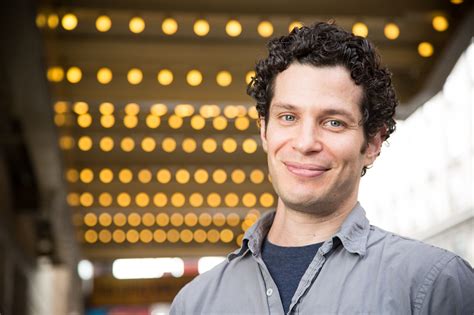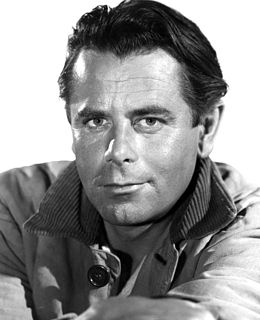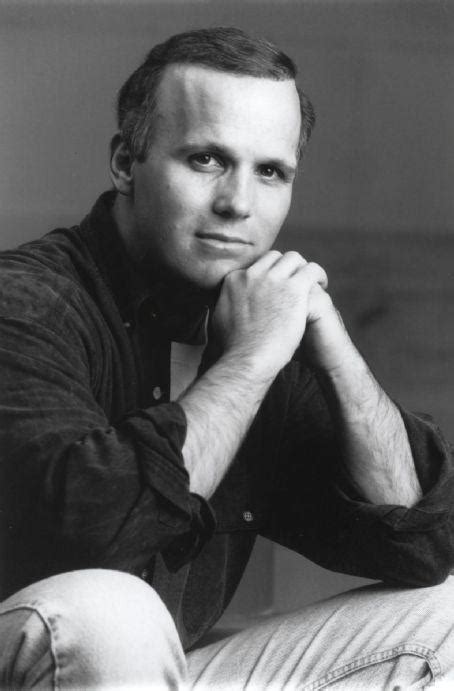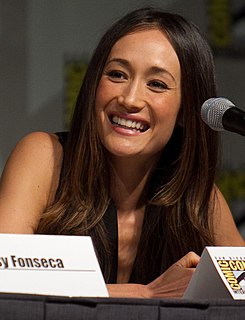A Quote by Barkhad Abdi
When you work with a great director, you realise you are far from being a director.
Related Quotes
With a director it's all about the work; I'd work with a great director over - you know, I'm not the kind of actor who that doesn't go, 'I want to play this role.' It's more like, 'I want to work with this director,' regardless of what the role is because if it's a good director, you'll probably find a good role because it's a decent film. But a mediocre director will always make a mediocre movie.
To be a great director, what does it mean exactly? It's not only about a great director, but also about being able to rely on the very special chemistry that goes between them. It not only has to be a great director, but the great director has to make his relationship to you, the actor, very special.
A strong film director does leave you to your devices. A strong director allows you to be free and you trust that he's there and he will tell you if you've gone too far. A strong director allows you to be much more experimental and take greater chances than a director who isn't secure within himself.
One of the challenges of being a director is often you don't get to work with your peers. You know, writers can write together, and as a director you get to work with so many wonderful actors and writers and designers. But it's pretty rare that you get a chance to partner in that way with another director.
Independent means one thing to me: It means that regardless of the source of financing, the director's voice is extremely present. It's such a pretentious term, but it's auteurist cinema. Director-driven, personal, auteurist... Whatever word you want. It's where you feel the director, not a machine, at work. It doesn't matter where the money comes from. It matters how much freedom the director has to work with his or her team. That's how I personally define independent movies.
In Hong Kong, in our generation that started out in the 1970s, being a director wasn't a big deal. We didn't even have director's chairs. We weren't particularly well paid. The social standing of a film director wasn't that high. It was a sort of a plebeian job, a second or third grade one. And the studio heads are always practical, there's never any fawning because someone is a director. There's very little snobbery about one's position as a director. The only ones people treated differently were those that were also stars; or the directors who also owned their companies.
J.J. Abrams is a director with no ego. He is a director who has a very consistent attitude when he's at work. He's funny, he's brilliant, he's a combination of all these really great things. J.J. is the kind of person who sees the bigger picture before anybody else does. It sounds simple but not all directors do that.
